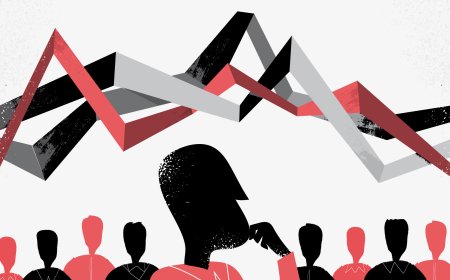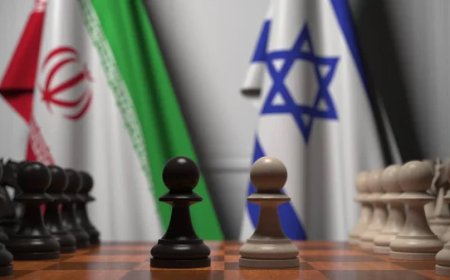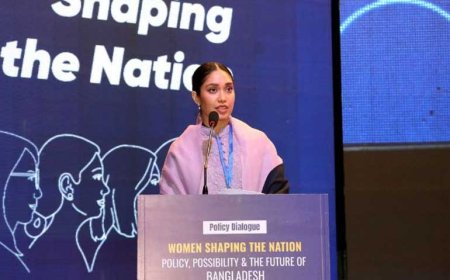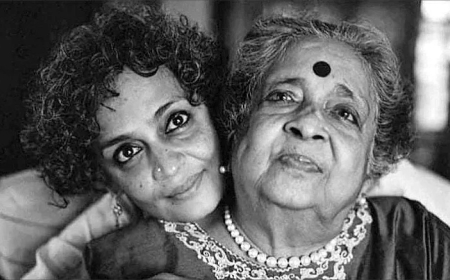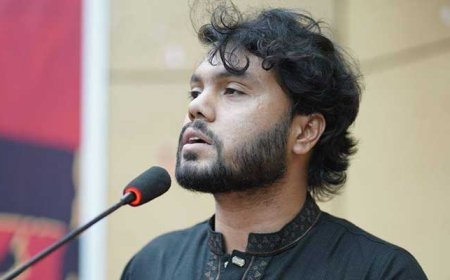Do Not Intimidate the Generation That Has Already Defied Death
An orchestrated whisper campaign now paints Bangladesh’s July-Revolution youth as saboteurs of democracy. The allegation is as thin as it is dangerous, for it misunderstands both their mandate and the moment the nation inhabits.
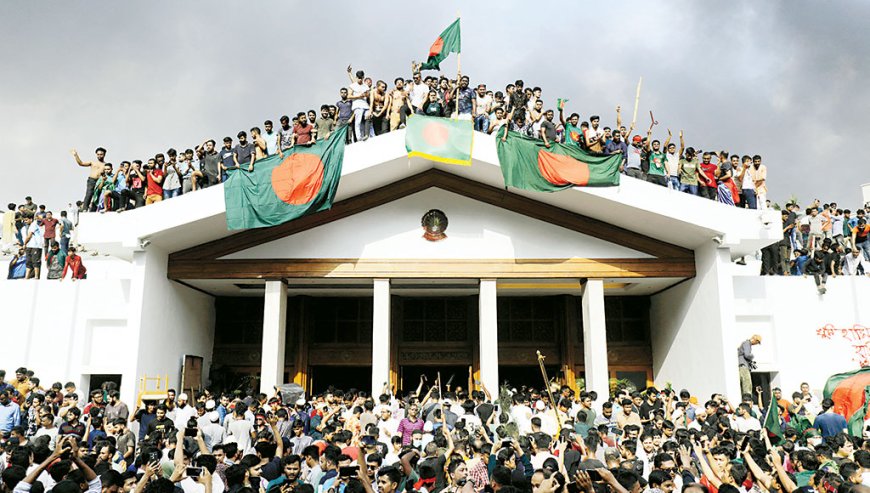
A manufactured myth
Over the past fortnight a chorus of party spokesmen, talk-show regulars and Facebook propagandists has claimed that the young leaders of last year’s uprising -- and the interim government headed by Professor Muhammad Yunus -- are plotting to cancel elections. Nothing could be further from the truth.
Professor Yunus has publicly pledged, on repeated occasions, that a national vote will be held between December 2025 and June 2026. His press secretary reiterated only days ago that the caretaker cabinet will not linger a single day beyond that window.
The youth leadership has accepted the timeline on three explicit conditions:
Justice: Visible progress in trying those responsible for the killings and enforced disappearances of the Hasina era and for the crimes against humanity during the July- August 2024
Structural Reform: Carry out structural reforms so that institutional guard-rails are strong enough to prevent any future autocrat from capturing the state;
Orderly Transfer of Power: Handover, on schedule, to whichever government secures a credible mandate.
These demands do not subvert democracy; they safeguard it. To pretend otherwise is willful misreading.
Critics brand the Yunus administration “unelected” and thus “illegitimate” under Sheikh Hasina’s constitution. They miss a crucial point: the old social contract bled out on the streets in 2024.
The state’s legitimacy today rests not on a text mutilated by authoritarian amendments but on a new compact struck amid tear gas and gunfire -- one that commands broad acceptance across the political spectrum.
Unlike the three-month caretaker arrangement long sought by the BNP, the current interim authority carries a broader remit. It must both midwife an election and lance the boils of impunity that allowed an elected prime minister to bulldoze an opponent’s home and stuff three successive ballot boxes. Short-circuiting that remit would betray the blood price already paid.
For seventeen years the BNP demanded nothing grander than a neutral election-time government. Yet it never persuaded ordinary citizens to risk their lives for so narrow a goal.
Sheikh Hasina responded with ruthless efficiency: top leaders jailed, Khaleda Zia’s residence razed, and the party forced to swallow three sham polls as a defeated combatant.
Though the frustration over stolen votes ran high among the commoners, few were willing to die merely to replace one set of career politicians and rent-seekers with another. The movement languished because it offered no transformative vision.
In July 2024, university students across the country said: “Enough is enough.”
Bangladesh must end endemic inequality, patronage politics or fascist tactics. They did not rally crowds with the slogan: “Give us elections.” They spoke of dignity, justice and the wholesale uprooting of a predatory state.
Millions believed them -- and marched despite live ammunition.
These youth leaders are now indispensable stakeholders of the country’s future. Their defiance toppled the political wing of fascism; now their continued vigilance is essential to dismantle its administrative machinery.
BNP must be reminded that, because of these students’ courage, their leader Khaleda Zia can now spend her twilight years outside prison walls and thousands of BNP activists can now avoid lives spent shuttling between jail cells and courtrooms.
Some elder politicians of BNP now insist that, because their party is the “largest political entity,” the vote must occur on its preferred schedule -- and that trials or reforms are mere excuses to delay.
Such arguments are as short-sighted as they are ungrateful. Have they forgotten that, when a single sand-laden truck blocked Ms Zia’s driveway, the BNP could not move it? That after her house was pulverized, the party could not muster a city-wide march?
To ignore the sacrifices of the July Generation is to play with tinder near dry hay. These young people did not stare down rifle barrels to secure ministerial portfolios (the student leader Nahidul Islam is a perfect example of choosing people over power when he left his ministerial appointment).
These July youngsters will lose little if they never hold office; history has already etched their names in the national narrative. What they seek now is a republic that will not require future cohorts to face gunfire to correct its course.
Reform is not an obstacle to elections; it is the only guarantee that elections will matter. Once killers stand before judges, the executive overreach is curtailed to allow the separation of power between branches of government, the redesign of accountability institutions’ effectiveness is complete, and courts regain independence, the youth will campaign harder than any veteran organizer to bring citizens to polling booths.
Ignore them -- treat justice as a negotiable luxury -- and the transition will crumble. Engage them -- treat their demands as a blueprint for a durable republic -- and Bangladesh will arrive at June 2026 not fractured but fortified.
BNP, or any political party and/or civilian or military entity for that matter, cannot intimidate those who have already defeated fear. Threats of instability will not cow the generation that marched through live fire. Work with them, and they will help build a state worthy of their sacrifice.
Work against them, and you will discover -- too late -- that the courage that toppled one autocracy can topple another just as surely.
Sultan Mohammed Zakaria is Joint Convenor, National Citizens Party.
Email: [email protected]
X handle: www.x.com/smzakaria
What's Your Reaction?















